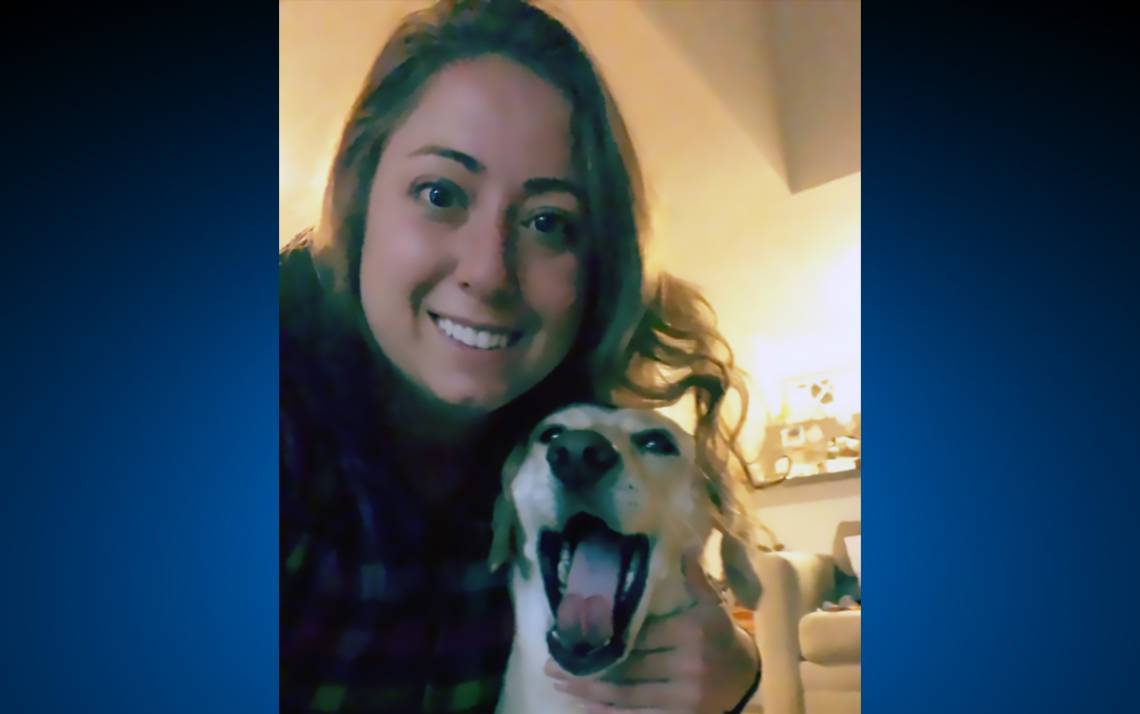Finding Light in the Darkness
Duke benefits provide options for mental health counseling

Rebecca Hoeffler has always been quick with a smile and ready to help fellow Blue Devils since joining Duke two years ago.
She didn’t expect an anxiety attack one morning last summer to bring a racing heart and persistent thought: “When will I die?”
“I had gotten into the habit of thinking, ‘what’s the point of living if I could die at any moment,’” said Hoeffler, program and communications coordinator for Sustainable Duke.
Hoeffler noticed a significant change in her mood last summer when depression and anxiety took over in a way she couldn’t ignore. She struggled with concentrating at work, and her dog, Sadie, didn’t cheer her up as much. For help, Hoeffler called Duke’s Personal Assistance Service (PAS).
Duke’s mental health resources offer up to eight short-term counseling sessions at no charge through PAS. The benefit plan also includes unlimited, in-network out-patient therapy with a $20 co-pay through all Duke health plans except Duke Basic, which is $25.
Emotional issues such as anxiety and depression are among the top mental health concerns for Duke employees, who are not alone. Major depressive order is one of the most common mental disorders in the U.S. Each year, 6.7 percent of adults experience at least one major depressive episode, according to the National Institute of Mental Health.
For some people, the winter months can bring the blues or exacerbate concerns.
“Sometimes people struggle during the holidays because they feel like they’re supposed to be happy, but the stress of the holiday season can bring up feelings of sadness or grief,” said Nichole Capitanio, PAS director.
In the past fiscal year, PAS provided 4,384 in-person sessions with Duke employees and immediate family members, a 15 percent increase in counseling sessions compared to the previous year.
“PAS often serves as a first stop for many people because it is free and confidential,” Capitanio said. “People can come and talk about concerns without it necessarily having to be labeled with a diagnosis.”
Hoeffler met with a PAS counselor for six sessions and received a referral to a counselor whom she sees once a month. PAS visits helped Hoeffler with coping and self-care strategies such as journaling every night and walking her dog.
According to PAS, most employees have reported in surveys that their work productivity improved after visiting with a PAS counselor.
“I’m really grateful Duke recognizes mental health is just as important as physical health,” Hoeffler said. “There’s no darkness now. These days, everything is beautiful. ”
Is there a Duke benefit that has helped you or a family member? Please share your story with us.